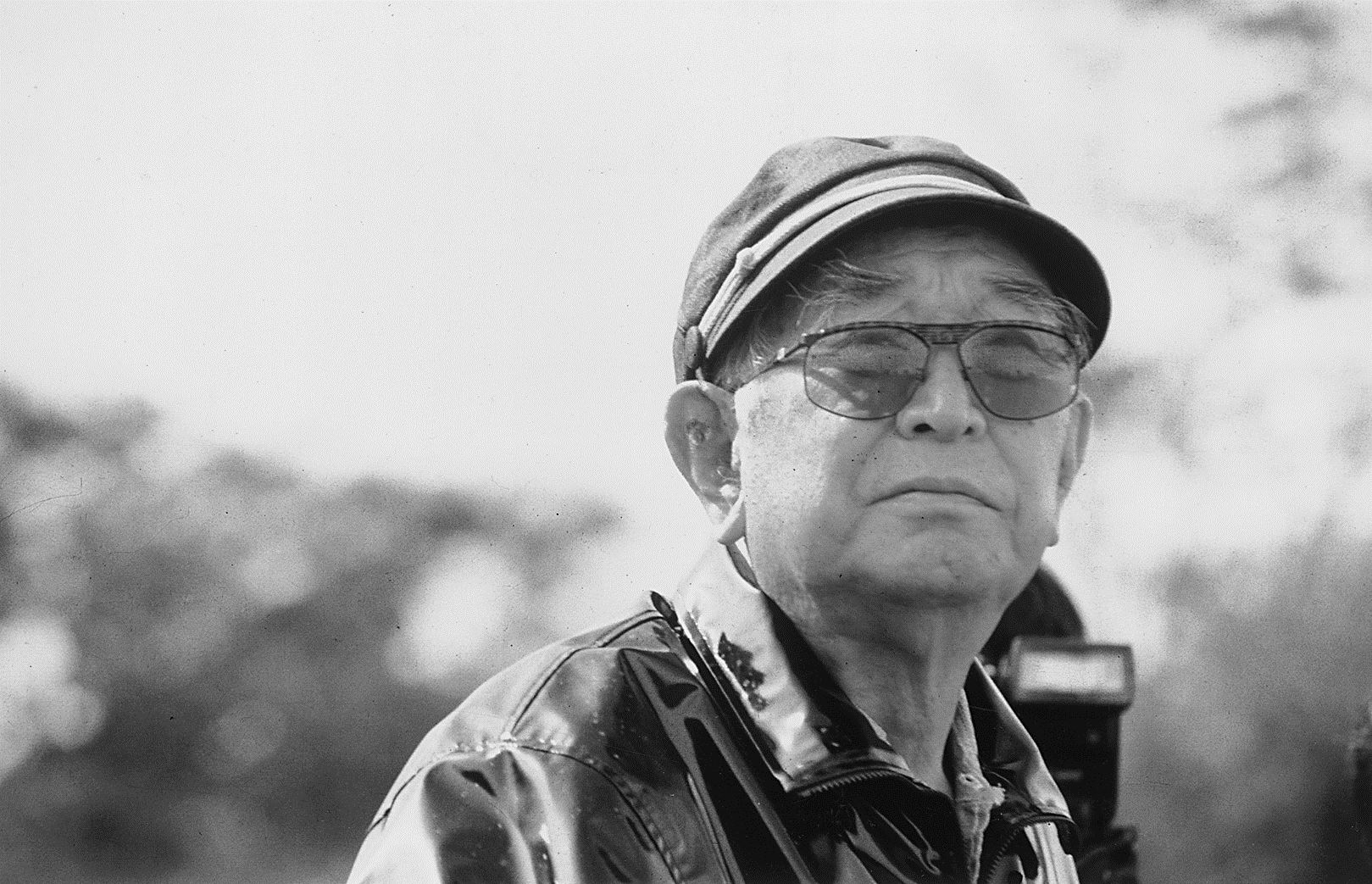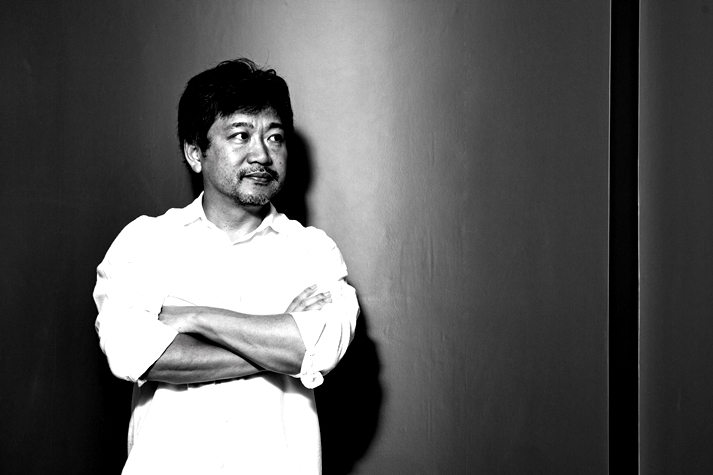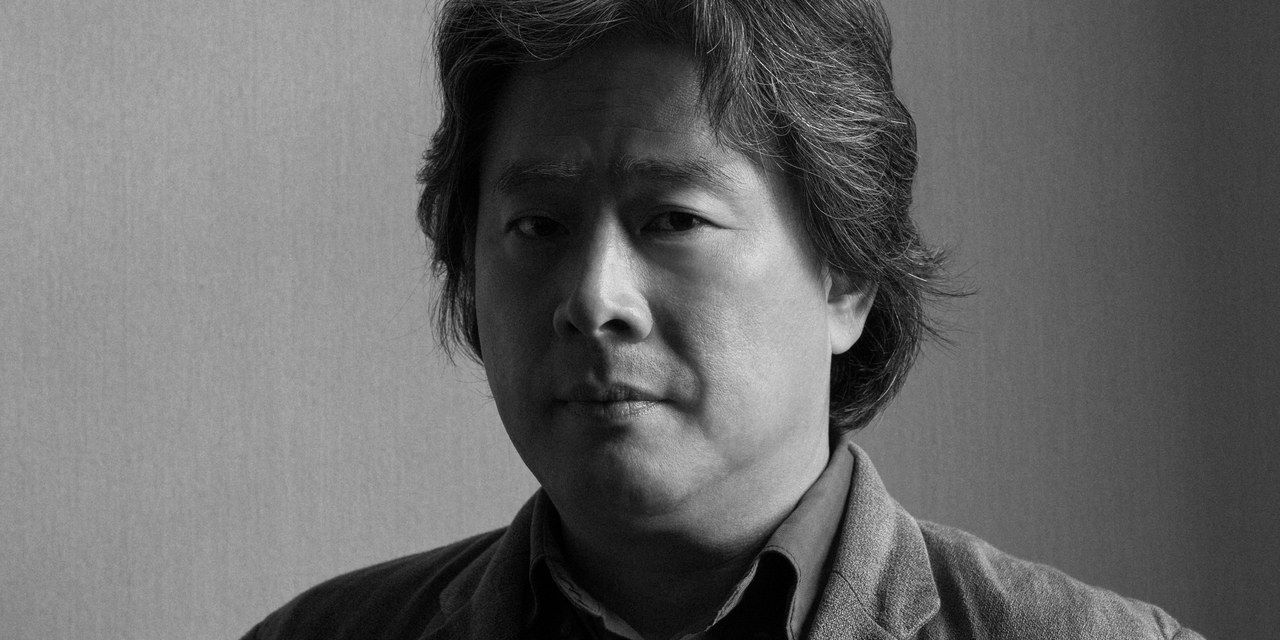In 1948, a war-torn Japan witnessed a lukewarm response to a humble movie production with an unknown actor named Toshiro Mifune. The movie, Drunken Angel directed by an enthusiastic assistant director named Akira Kurosawa, went on to become a critical success in the course of time and the rest is history. Akira Kurosawa, the most acclaimed Japanese filmmaker of all times, started his career as an assistant director with the PCL Studios, Tokyo and after mastering every aspect of filmmaking,he moved on to making independent movies.
He shook the international film festival circuit with his 1950 movie, Rashomon. The Seven Samurai, Throne of Blood and Yojimbo followed and Kurosawa was hailed as a master among the film buffs all over the world. His unique narrative techniques, which were deeply rooted in literature and painting, influenced legendary Hollywood filmmakers like George Lucas, Steven Spielberg, and Sergio Leone. Kurosawa always kept alive his fascination for classics in world literature and obsessed with the Shakespearean world and characters.
A Dream Never Shouts, But Whispers: Steven Spielberg’s Talisman For Young Filmmakers
In this conversation, Kurosawa emphasizes the importance of reading and writing for aspiring filmmakers. He hints at the disturbing connection between movie making and the huge investment involved. Kurosawa says that to become an independent filmmaker is really hard and gaining experience and skills under the pressure of a lot of money demands patience. Substantiating his stand that a detailed script is the foundation of a good movie.
He even devised a rotating screenwriting method, in which a group of five writers sits around a table and work individually on the same scene of the script at the same time. Kurosawa would choose the best-written piece from the five drafts. His renowned Samurai epic, Seven Samurai was written in this method.
Kurosawa points out that a filmmaker aspirant can keep on writing screenplays, which requires only paper and pencil. Only through this rigorous writing process, one can learn the specifics about the structure of the movie. He also reminds that writing full-fledged scripts is a hard job, quoting the Balzac’s words, the most essential and necessary thing for writers is the tolerance to face the dull task of writing word by word.
Kurosawa also assures young filmmakers that once they accustomed to the art of the patience while writing, there would be no trouble in the process. The master slightly criticizes the youngsters for trying to finish up the writing process so quickly because they want the end as soon as they started. He reminds the wisdom quote “in order to climb the mountain, don’t look at the peak,” The trick is keeping one’s eyes firmly on the ground and climb step by step.
The Taste of Judgement & Good Filmmaking, Ron Howard’s Advice For Young Filmmakers
He concludes the conversation, citing the importance memory for an artist because creating new things always comes from memories. So it is crucial for a filmmaker aspirant to enrich the memory through reading and exercise it through routine writing. The 1990 movie Dreams, which is considered his last masterwork, is an ode to this approach, and the movie is based exclusively on the director’s dreams and the memories about those dreams.
Written By: Ragesh Dipu




